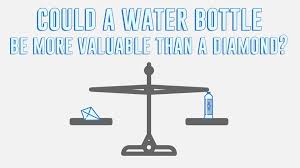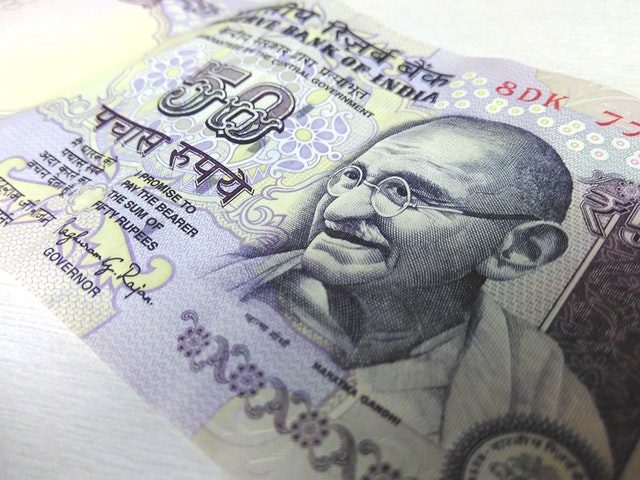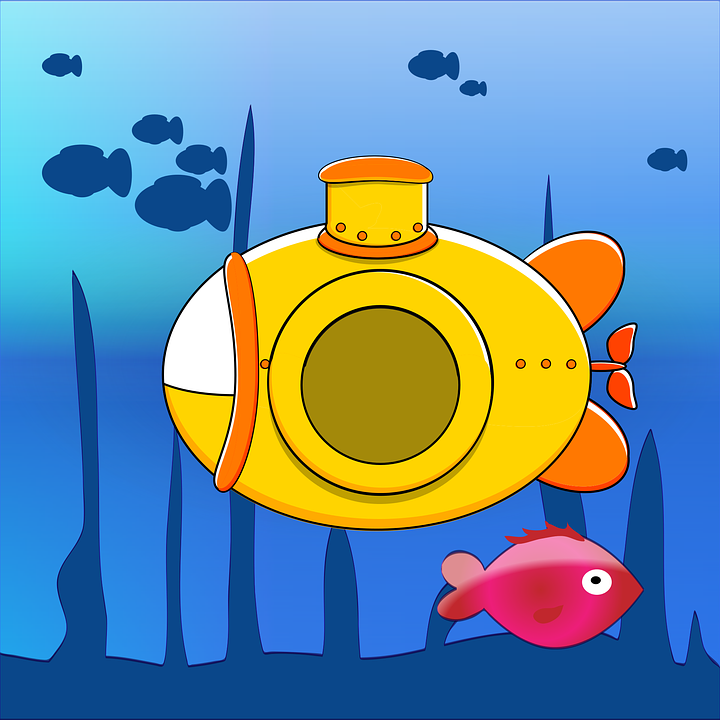The paradox of value

Contents
Diamond-water paradox
A Scottish economist and philosopher, also known as “The Father of Economics” is often considered to be the classic presenter of the paradox of value, also known as the diamond-water paradox.
Why is it called the Diamond-water paradox?
The paradox of value is a contradiction that states that even though water is our basic necessity and without it, we won’t be able to survive, diamonds have a higher price in the market.
But defining value isn’t that easy. If you were stuck in a dessert you would choose water over diamond because in that situation the value is determined by the usefulness whereas on any normal day you would choose diamond as it has a higher exchange value. The things which have the greatest value in use have little or no value in exchange like water and the things which have less use value have more exchange value like the diamond.
The concept of utility
The paradox of value can be more briefly understood when we understand the concept of utility that is consuming a good or service that satisfies our wants or needs. So, when someone possesses a good they will use it to satisfy their highest priority. For example, a man stuck in dessert will choose water over the diamond, as survival is his highest priority.
This is known as marginal utility; it is the added satisfaction a consumer gets from having one more unit of a good or service.
As some of the need or want gets satisfied the good’s utility decreases, making the consumer look for other goods to satisfy their next requirement, which means once the man has consumed enough water, the utility of water decreases, and the utility of diamond increases.
The more of a good or service you acquire, the less it becomes useful. This is the law of diminishing marginal utility, it states that as the consumption of the same good or service increases, the marginal utility will keep decreasing and soon become zero.






Responses